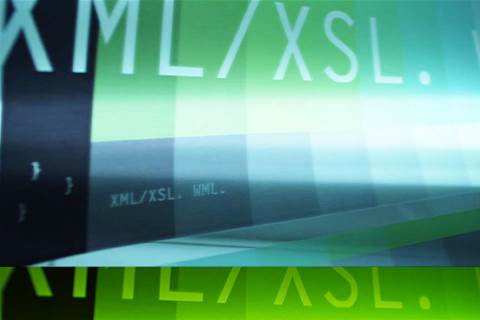Two-day workshops are planned in Canberra in late June and Washington in July to introduce authentication technology specialists to Centrelink's PLAID protocol.
PLAID stands for 'Protocol for Lightweight Authentication of ID'.
Put simply, it is a smartcard authentication protocol that "specifies how components of a card-based ID authentication system 'talk' to each other".
Centrelink envisions the protocol may one day enable a user to have a single card for access to both buildings and machines (computers) in the workplace.
Developed in-house at Centrelink, the agency has made the protocol available free to the public in the hope a manufacturer will use it to build an off-the-shelf production system.
Centrelink's 27,000 staff currently use random number generators for access control, but the agency is migrating to a PKI certificate-based smart card system later this year.
In 2010, the agency is hoping it will be able to buy a commercial iteration of the PLAID application should one be developed.
The workshops are being held in conjunction with the US National Institute of Standards and Technology (NIST).
Security techies with experience in the ISO/IEC 14443 and ISO/IEC 7816 smartcard standards are welcome to attend.
The Canberra session will take place on June 23 and 24 in Centrelink's Symonston office.




_(21).jpg&h=142&w=230&c=1&s=1)


.png&h=142&w=230&c=1&s=1)




.jpg&w=100&c=1&s=0)
_(8).jpg&w=100&c=1&s=0)











